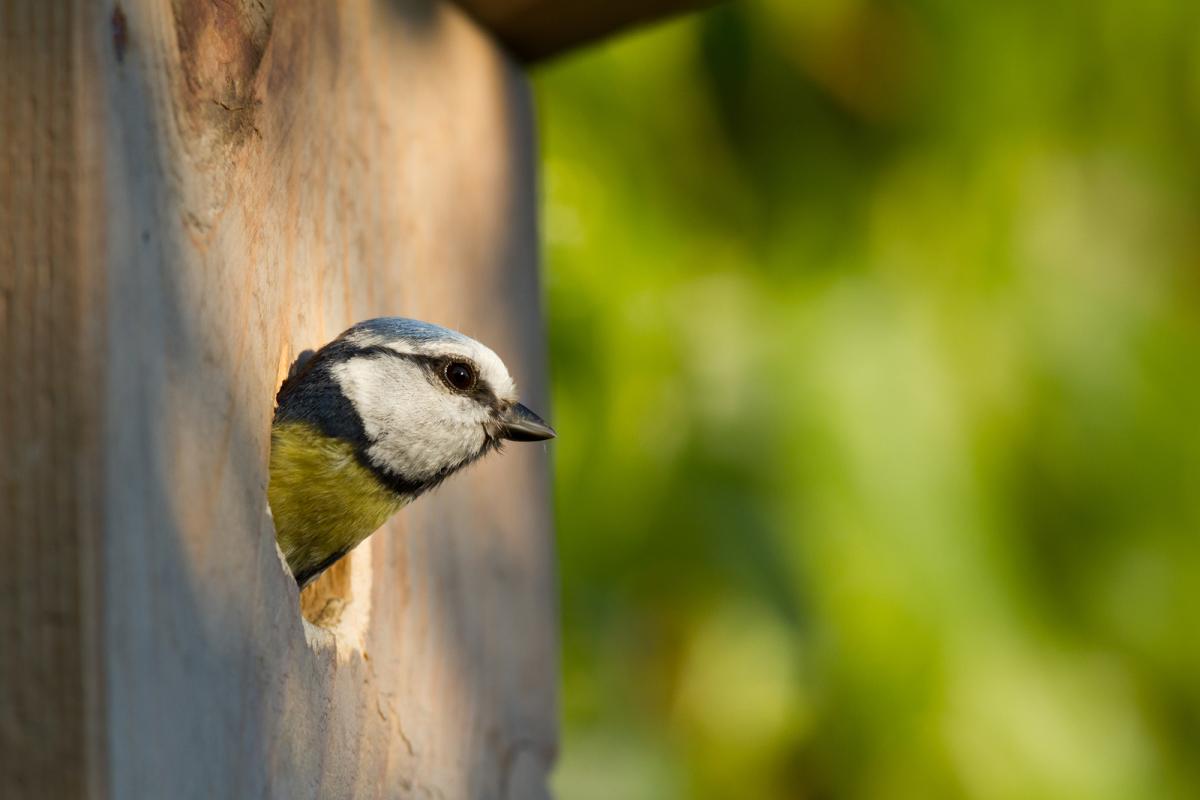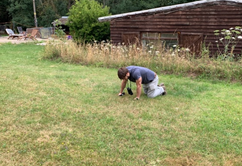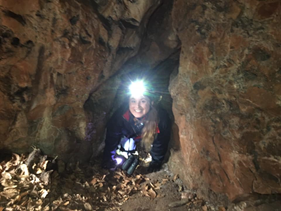
The Professional Voices Blog allows people within the industry to share their thoughts on a particular topic. Today, we hear from Ben Gardner, from Ecology by Design, who has some career guidance for those that are venturing into the world of Ecology Consultancy.
"I have lost count of the number of times I have been approached by aspiring ecologists who have had a lifelong interest in wildlife, have chosen ecology at university or decided upon a career change in later life, and don’t know how to land that all-important first job or manage to get a permanent contract after seasonal work. How do they break into the competitive ecology world?
There are some great university and college courses out there as well as apprentice schemes (See InPractice issue 105) giving people the foundation of knowledge needed to begin a career in ecology. However, many approach the workplace with very little understanding of the commercial reality of the industry, the level of skill required and how they fit into consultancy structures. I am more than happy to advise them as I was also once one of those fresh-faced students. Below are five of the most important tips I can give you to aid you in getting your first job in ecology:
Networking – The earlier you start this the better. Networking amongst ecologists and environmental colleagues is invaluable but also wider networks amongst other industries, clients and government can be hugely beneficial. CIEEM offer some great opportunities through conferences and member network events but do not forget networking on the client side. Research sectors you are working in and attend events that you think you could learn from, where connected industries such as landscape, arboriculture or planning gather or even where you could gain prospective clients.
Volunteering – Most universities and colleges aim to give you a well-rounded understanding of ecology but sometimes at the detriment of some specialist skills that would set you apart from your peers. If you are still a student and reading this, you are probably already ahead of your peers as you are thinking ahead. Don’t wait until you graduate to start thinking about how to get a job. Could you spend a small amount of your spare time volunteering with organisations that are crying out for help? Local bat, mammal or botanical groups are always looking for people and, in some areas, these can provide a huge fountain of knowledge, setting you apart from your peers. For example, local to me the Berkshire Bat Group do lots of events enabling you to learn from some well-known ecologists but also in unique settings such as caves or using specialist techniques such as mist netting for bats or radio tracking all completely for free.
Commercial understanding – Many ecologists apply for jobs with us who have a theoretical knowledge of ecology but little practical knowledge of how this is applied. Also, they miss the whole other side of working professionally. There is a clue in the job title ecology consultant. The ‘consultant’ element is often forgotten, and it is a very easy way of setting yourself apart. We take on interns from Reading University and are often surprised to learn at the end of the summer how much more our interns learn compared to others. We give them a good grounding in all thing’s ecology but also consultancy. We teach report writing, we help them to communicate more effectively with peers, clients and third parties and we teach them the financial side of the business enabling them to confidently quote for work, design surveys and think innovatively about solving problems. Don’t just become a ‘survey monkey’ demand more from your employers and keep learning!
Peer groups – This links to all of the above and will aid you throughout your career. Keep in touch with as many people as you can that you studied, volunteered and worked with. Having people to talk to, share skills with and sometimes even be a shoulder to cry on can help you considerably. Many of the people I still talk to now are scattered throughout the large and small consultancies of the land. We share knowledge, contacts and often find ourselves working together on projects.
Don’t forget the basics –Although you must learn how to be a ‘consultant’ the roots of an ecologist should be a wide and constantly evolving knowledge of field and ID skills. Having the ability to successfully identify field signs, identify plants both floristically and also vegetatively and know the cryptic differences between species is fundamental. Successful mitigation and enhancement work can only be achieved by getting your ID correct in the first place. A lot of our work is often undertaken with only having views of fields signs and not the animals themselves so strive to learn these skills and it will pay dividends."


A little bit about the author
Ben Gardner CEnv MCIEEM is a Director at Ecology by Design.
Ecology by Design is an independent ecology consultancy working nationwide with head office in Oxfordshire. They provide a wide range of ecology services ranging from bat and newt surveys to large ecological impact assessments and mitigation.
Follow @EcologyByDesign on Facebook, Twitter, and LinkedIn


